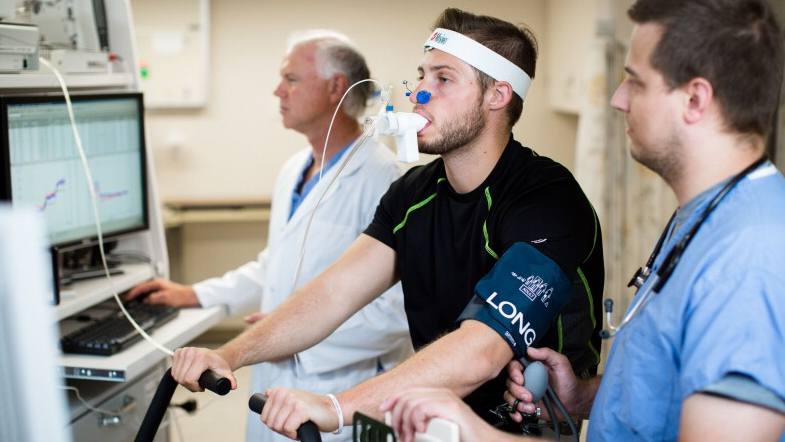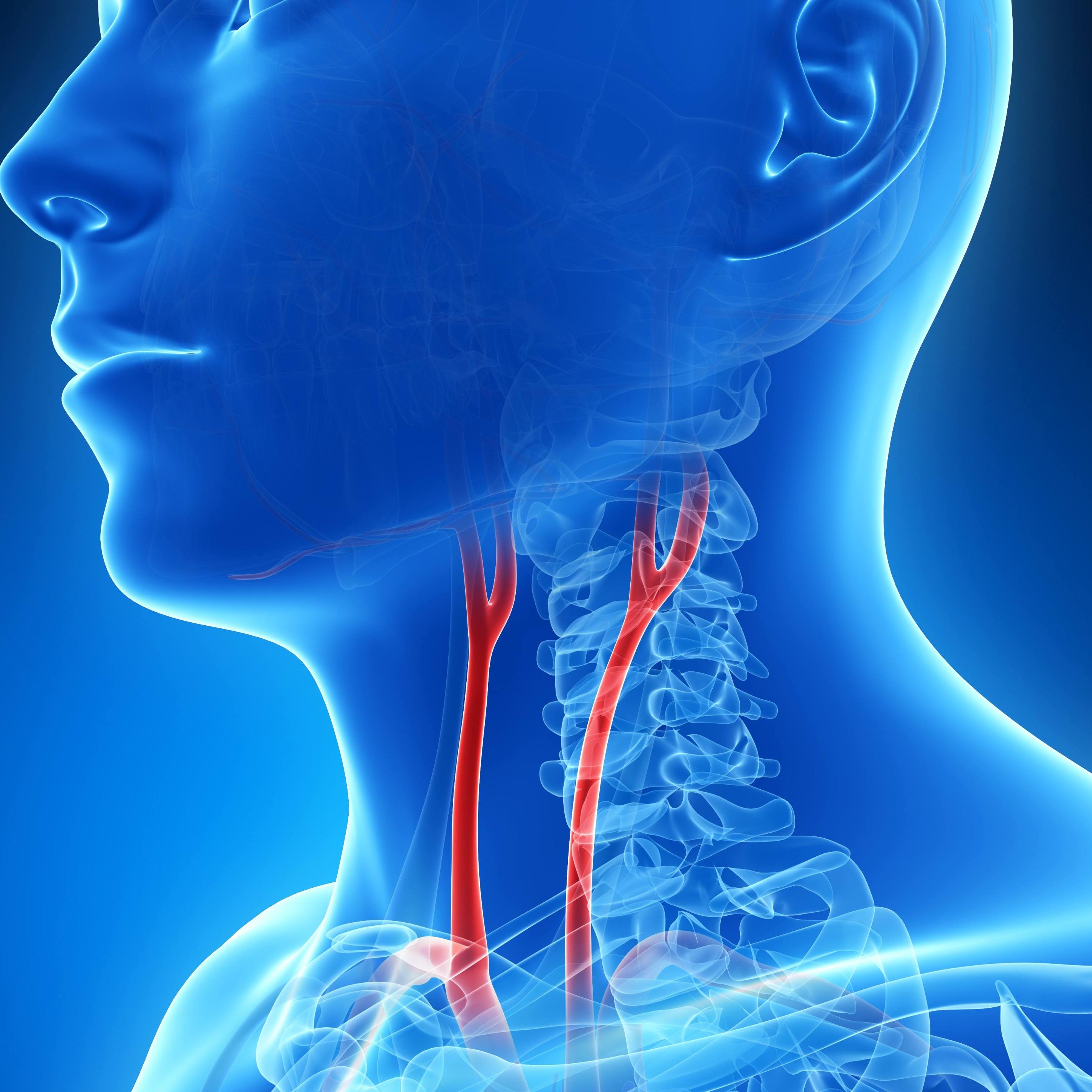-
Clinical Trials
Science Saturday: The clinical trial journey

Some of the most critical advances in medicine happen when patients and health care providers begin to ask questions.
The patient is experiencing new or unusual symptoms. The health care provider sees something in the patient that they've never seen before. The health care provider consults a colleague, reads the latest medical journals, and then, before they know it, they're packing their bags and embarking on a scientific journey to find the answers.
When that answer involves a new medical intervention — such as a drug, device or a new medical procedure, the path often is marked by trials.
Tests to prove that the intervention is safe and effective for patients. Surmounting these trials requires the collaboration of a whole team. The health care provider and patient are joined by researchers, support staff, sponsors and research volunteers.
In clinical research, this journey is called "clinical trials."
Clinical trials are the part of research that determines whether a medical intervention should be moved, or "translated," from the lab to routine patient care. At each phase along the way, the team must answer different questions.
- Is the intervention safe?
- Is it effective?
- Is it better than others already out there?
Every scientific journey does not reach the end of this transformational process.
Most journeys never make it past the first or second trials where basic questions about safety and effectiveness must be answered. Even when a particular trial reaches an early end, the quest continues. In the process, research teams often uncover valuable treasure: new knowledge to help advance the science of medicine.
From the lab to research with the help of volunteers through review and approval for use, this animation will help you understand the biomedical research pipeline:
Watch: The clinical trial journey
Journalists: Broadcast-quality video 2:46 is available in the downloads at the end of the post. Please "Courtesy: Mayo Clinic News Network."
More information:
- Learn more about clinical trials and how to become a research volunteer.
- Read the latest research findings. Visit Mayo's Discovery's Edge and Advancing the Science blogs.
- Read more about how Mayo's Center for Clinical and Translational Science advances medical discoveries into patient care.
_________________________________________________
Other Mayo Clinic medical research websites:
- Research at Mayo Clinic
- Discovery’s Edge
- Advancing the Science
- Forefront
- Mayo Clinic Center for Individualized Medicine
- Center for Regenerative Medicine
- Center for the Science of Health Care Delivery







